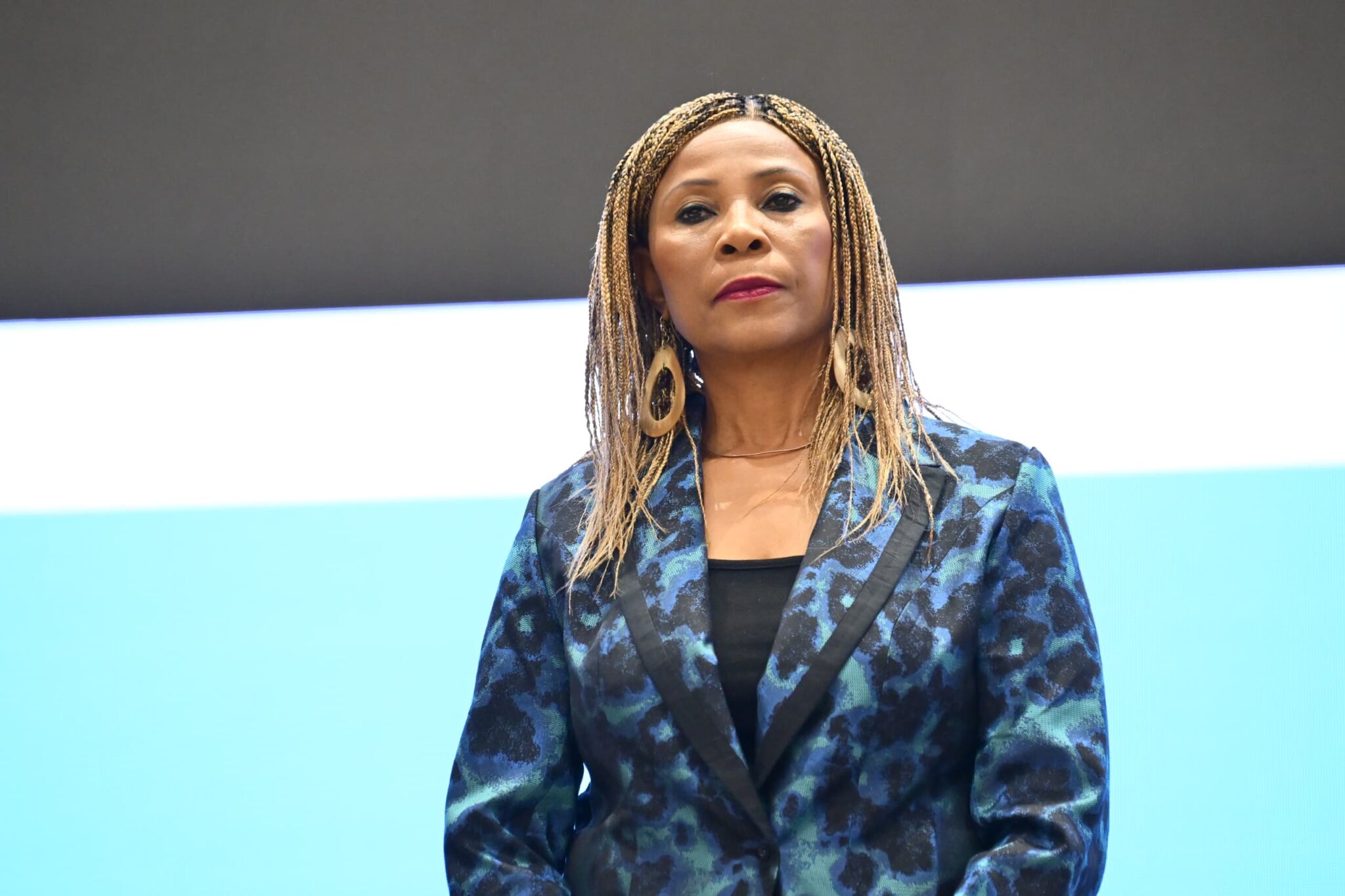By Busani Bafana
Gaborone, Botswana – Until the lion learns to write, every story will glorify the hunter—a timeless African proverb popularised by Chinua Achebe resonates today more than ever before. Africa’s narrative, too often overshadowed by negativity, needs its true authors: Africans themselves.
This was the clarion call of Ahunna Eziakonwa, Assistant Secretary-General and Director of the Regional Bureau for Africa at the United Nations Development Programme (UNDP). Speaking at a Fireside Chat on “Global Geopolitical Complexities and Africa’s Development Pathway,” Eziakonwa urged Africans to reclaim the narrative during the 2024 African Economic Conference in Gaborone, Botswana which ended this week.
“Africa’s story should be told by Africans in different ways,” she declared. “This continent has suffered from being seen only in a negative lens.”
Breaking Free from Negative Stereotypes
Eziakonwa highlighted how Africa has been seen as a dumping ground for global charity, urging Africans to challenge these misrepresentations.
“How can we not tell the stories, why is that even as Africans when we hit the international stage we always feel like we are expected to talk about the miseries of the continent,”
Eziakonwa called for a new narrative—one that positions Africa as unstoppable, innovative, and deeply rooted in shared humanity. She also called for more African writers to take the lead in this storytelling revolution.
“The narrative for me is huge, changing the narrative where Africans tell their own stories. We need more African writers telling Africa’s stories.”
Reviving Pan-Africanism
At the heart of this narrative shift lies modern Pan-Africanism. Unlike the state-centric Pan-Africanism of the past, Eziakonwa envisions a people-driven movement rooted in solidarity and the values of ubuntu.
“The whole concept of ubuntu, of solidarity, which I think is at the heart of pan africanism but is not always represented as such,” Eziakonwa said, adding that, “With the trauma that the world is going through, is a time to wake up the spirit of pan africanism because at the heart of it is global solidarity, our common human and the concept of ubuntu. Modern pan africanism should not just be about bringing together african peoples but also seeing how African people’s values can influence the world.”
While calling for the celebration of Africa’s achievement, Eziakonwa warned against self-adulation particularly at the level of leaders where excellence was celebrated when there was none.
Eziakonwa warned, however, against superficial celebrations of excellence.
“Why is it that the continent that has so many resources is wealthier than many that we are now begging for money? Why is it that we have been unable to advance the causes of our people? It is a governance issue and at the heart of that is this lack of leadership that secures the future.”
Aid is costly
Africa’s reliance on aid, Eziakonwa argued, has dulled its potential. Despite being one of the world’s largest recipients of foreign aid, the continent grapples with deepening poverty, inequality, and stunted economic growth.
“I think aid has had a more negative impact on the African psyche and mindset and institutions than good,” she said. “It is not entirely the fault of the aid, but it is how it has been managed. A lot of energy and time of leaders is sucked up in the aid landscape and framework which has masked the potential of Africa’s own assets.”
Africa boasts $6.5 trillion in natural resources, 65% of the world’s uncultivated arable land, and a youthful population brimming with potential. Yet, countries spend more servicing debt than investing in health or education, with illicit financial flows bleeding $88.6 billion annually, according to UNCTAD.
“What we need to correct is this sense that Africa is trapped in the aid framework even when African countries themselves are spending more money funding their own development but the aid is taking too much attention,” said Eziakonwa.
African countries are paying more on debt service than they are spending on health and other critical social services with research indicating that African countries on average are paying 1.7 percent higher in interest payment than other countries, according to the Economic Commission for Africa. African governments allocated 4.8% of GDPs to debt servicing compared to 2.6% for health and 4.8% for education in 2021.
Negative narratives perpetuated in global media cost Africa more than its image—they have a huge financial price tag. A recent study by Africa No Filter and Africa Practice revealed that stereotypical portrayals of Africa cost the continent up to $4.2 billion annually in higher interest payments on loans.
Tapping into Youth Power
Eziakonwa called for deliberate investment in Africa’s youth, who are already making waves in politics and business but remain an untapped force for change.
Africa That Can
Africa’s story is far from finished. Eziakonwa envisions a continent that’s no longer defined by dependency or despair but by innovation, resilience, and self-reliance.
It’s time for Africa to reclaim the pen. The world is ready for the next chapter.

